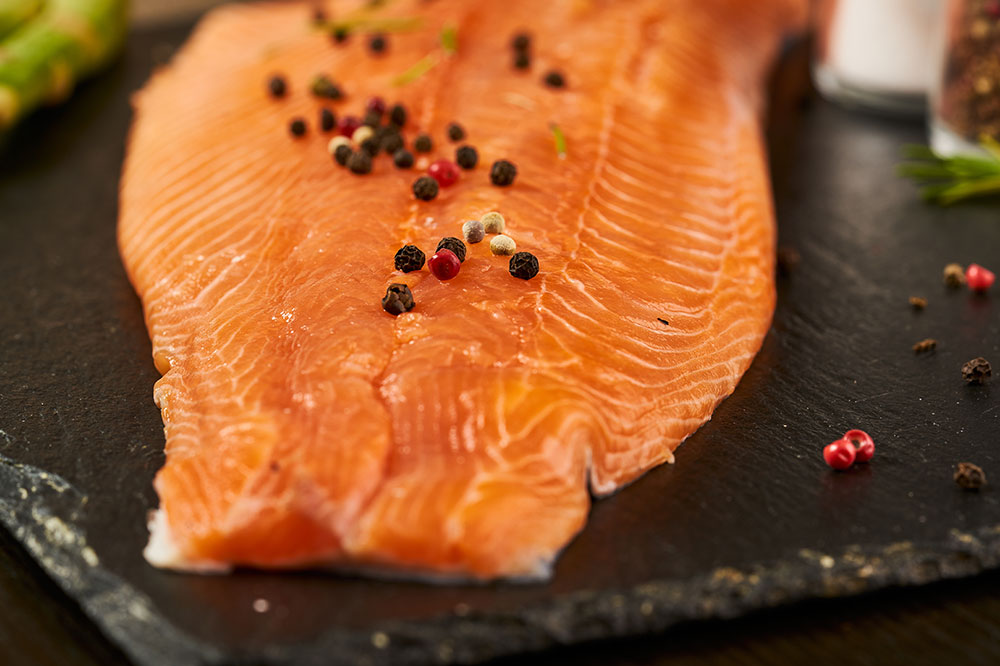Effective Dietary Strategies to Reduce Triglyceride Levels
Discover practical dietary strategies to lower triglyceride levels and improve heart health. Learn about the importance of limiting sugar, adopting low-carb and high-fiber diets, avoiding trans fats, and including omega-3 rich fish and nuts. These tips alongside regular exercise can effectively reduce cardiovascular risks associated with high triglycerides.
Sponsored

Triglycerides are a specific type of fat present in our bloodstream. Elevated levels can heighten the risk of cardiovascular diseases.
During digestion, excess calories from food are converted into triglycerides and stored in fat cells for energy use later. While necessary in moderation, high triglyceride levels can contribute to heart problems. Diet plays a pivotal role in managing these levels, making healthy food choices essential.
A significant portion of the population experiences elevated triglyceride levels.
Understanding Triglyceride Numbers
Normal triglyceride levels are below 150 mg/dL. Levels above this increase the risk of cardiovascular issues.
Key ranges include:
Desirable: less than 150 mg/dL
Borderline high: 150-199 mg/dL
High: over 200 mg/dL
Very high: over 500 mg/dL
Dietary Tips for Managing Triglyceride Levels
Adopting a healthy diet is vital for controlling triglycerides and overall health. Here are practical nutritional tips to maintain optimal levels:
Reduce Sugar Consumption
The American Heart Association recommends limiting added sugar to 6-9 teaspoons daily. Sweet treats, fruit juices, and sodas are common sources that can raise triglycerides, increasing cardiovascular risk.
Adopt a Low-Carb Diet
Carbohydrates convert into triglycerides when processed. A low-carb approach aids in fat reduction and helps keep triglyceride levels in check.
Eat High-Fiber Foods
Dietary fiber diminishes sugar and fat absorption in the intestines, lowering blood triglycerides. Fruits, vegetables, whole grains, nuts, and legumes are excellent sources.
Avoid Trans Fats
Present in many processed foods, trans fats elevate bad cholesterol and triglycerides. Steer clear of baked goods, fried foods, and snacks with hydrogenated oils.
Include Fatty Fish Twice Weekly
Rich in omega-3 fatty acids, fatty fish like salmon, sardines, and mackerel support heart health and help lower triglyceride levels.
Opt for Unsaturated Fats
Sources such as nuts, avocados, and olive oil contain heart-friendly fats that reduce triglycerides.
Limit Alcohol Intake
Alcohol adds calories and sugar, which can convert into triglycerides if unused. Moderate drinking may have some benefits, but excess increases risks.
Consume Tree Nuts
Almonds, walnuts, pistachios, and other nuts provide omega-3s, fiber, and healthy fats that support triglyceride reduction.
Incorporating these dietary adjustments, along with regular exercise and mindful eating habits, can significantly decrease triglyceride levels and promote overall cardiovascular health.






